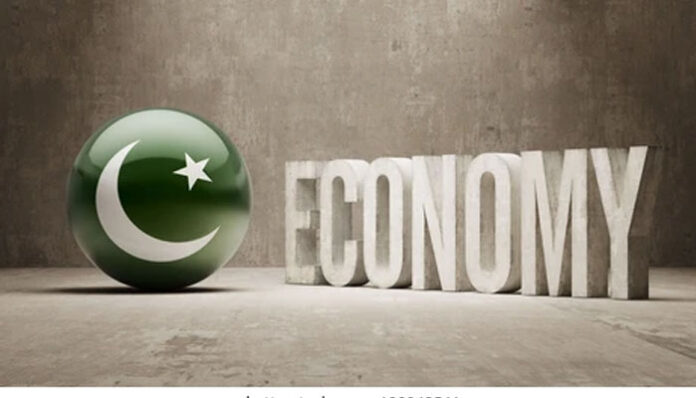Writing for Dawn author Uzair Younus explains that in March, 2023, the State Bank of Pakistan (SBP) decided to raise interest rates by 300 basis points, taking the policy rate to 20 percent, the highest level since October 1996. This decision was expected to be one of the final capitulations to secure an agreement with the International Monetary Fund (IMF) and unlock much-needed dollar inflows. The other was the depreciation of the rupee, which had slid to Rs 285.09 to the dollar.
Briefings conducted by the governor of a central bank around the world are big events, especially in a country of over 220 million people on the brink of default. When a country’s central banker talks, those with a keen eye on the economy and its outlook pay close attention. This was especially true when the bank’s meeting to set interest rates, essentially the price of money in the economy, had been brought forward.
While these events by themselves may seem surreal, it was the briefing by the central bank after its policy decision that dissolved what little optimism many had in the men running Pakistan’s economy. The virtual discussion began almost 40 minutes late, perhaps because the central bank was scrambling to get its talking points in order. Once things got going, it was evident that this would be one of the more unusual briefings conducted by the bank.
A key point that caught the author’s attention was a comment made by the presenter while talking about core inflation. According to the slide on display, core inflation in the economy is currently running wild, hovering around the 20 percent mark, compared to around 10 percent in the previous crisis. Core inflation is a measure of changes to the price of goods and services excluding food and energy. The latter are more volatile, so excluding those gives a better picture of price movements in the economy.
Regardless of whether someone is familiar with core inflation, they know that 20 percent inflation of anything is insane. Those who lived through the 2018 crisis know that it was bad, but this time around, prices have gone up at twice the rate, which should have set off alarm bells.
But not for the presenter in this briefing from the central bank, who argued that wage price spiral had not yet set in, meaning that there is still some hope to clamp down on runaway prices. It is as if someone is trying to calm you down by saying that while your house has burned down, just be glad that the clothes on your back have not yet caught on fire!
The end of the presentation opened the floor to questions from the audience, where the governor of the central bank was asked about a few things, including the exchange rate and debt repayment obligations in the short-term. About the exchange rate, the governor denied that there was a “border rate” of the rupee, which is a reference to the rate in the informal market, particularly in Peshawar, where Afghan demand for dollars is driving up the price of the greenback.
Now the informal rate of the rupee is a reality from Karachi to Peshawar, and many factors including Afghan demand and the Dar Peg have fueled the growing gap between the informal and formal price of the dollar. Rather than acknowledging that this is an issue and sharing ways in which the central bank is trying to deal with it, the governor flat out denied that this rate existed. This denial was to an audience of economic experts who have a keen eye on the ins and outs of the economy and exchange rate.
With regards to the debt repayment obligations, the governor broke down the financing needs, highlighting that the debt repayment obligation from March through June 2023 stood at $7.2 billion. Of that amount, he said, $3 billion would “hopefully” be rolled over, $1.3 billion will be repaid but was “expected” to be lent back to Pakistan, and then another $3 billion would be paid back.
To read the full article visit www.dawn.com




